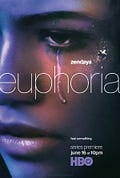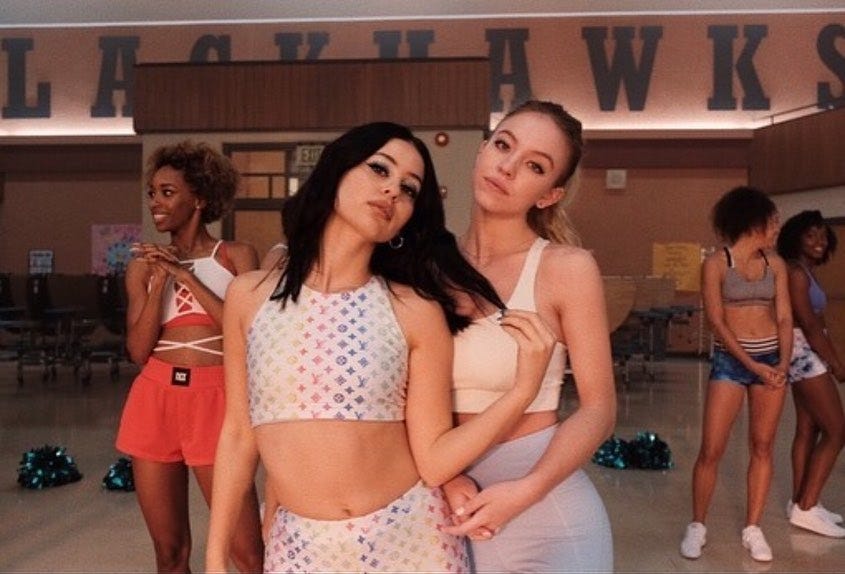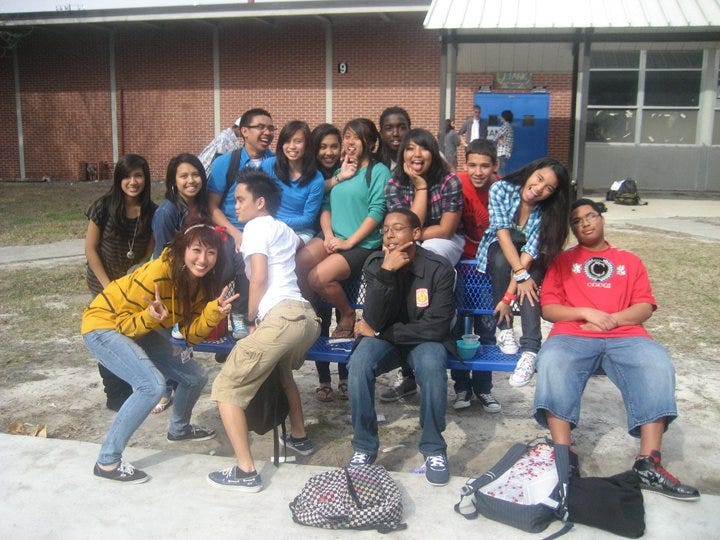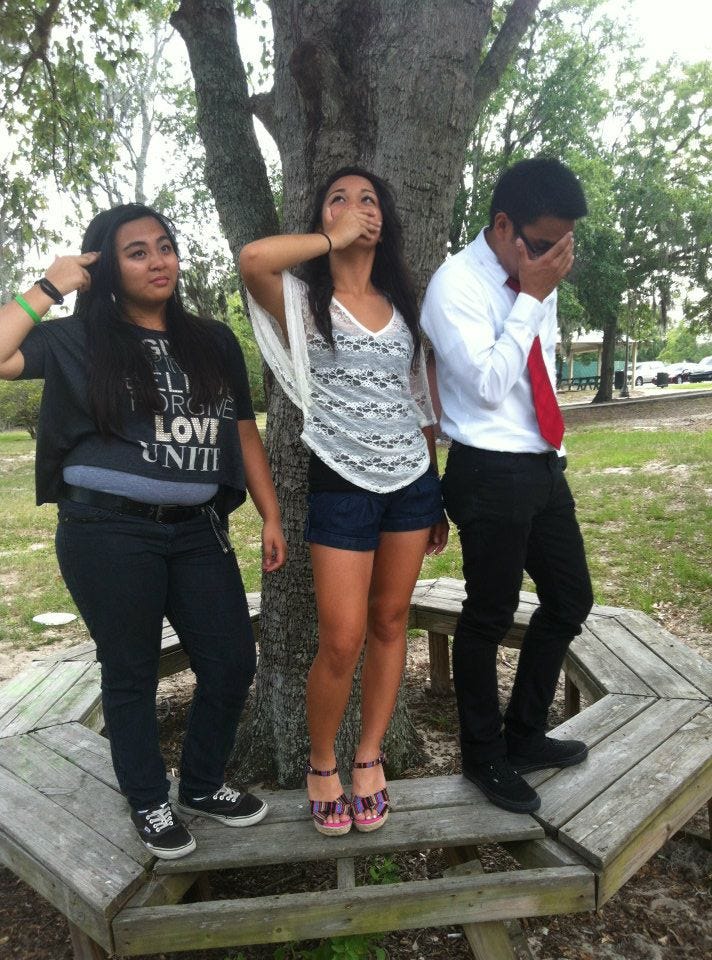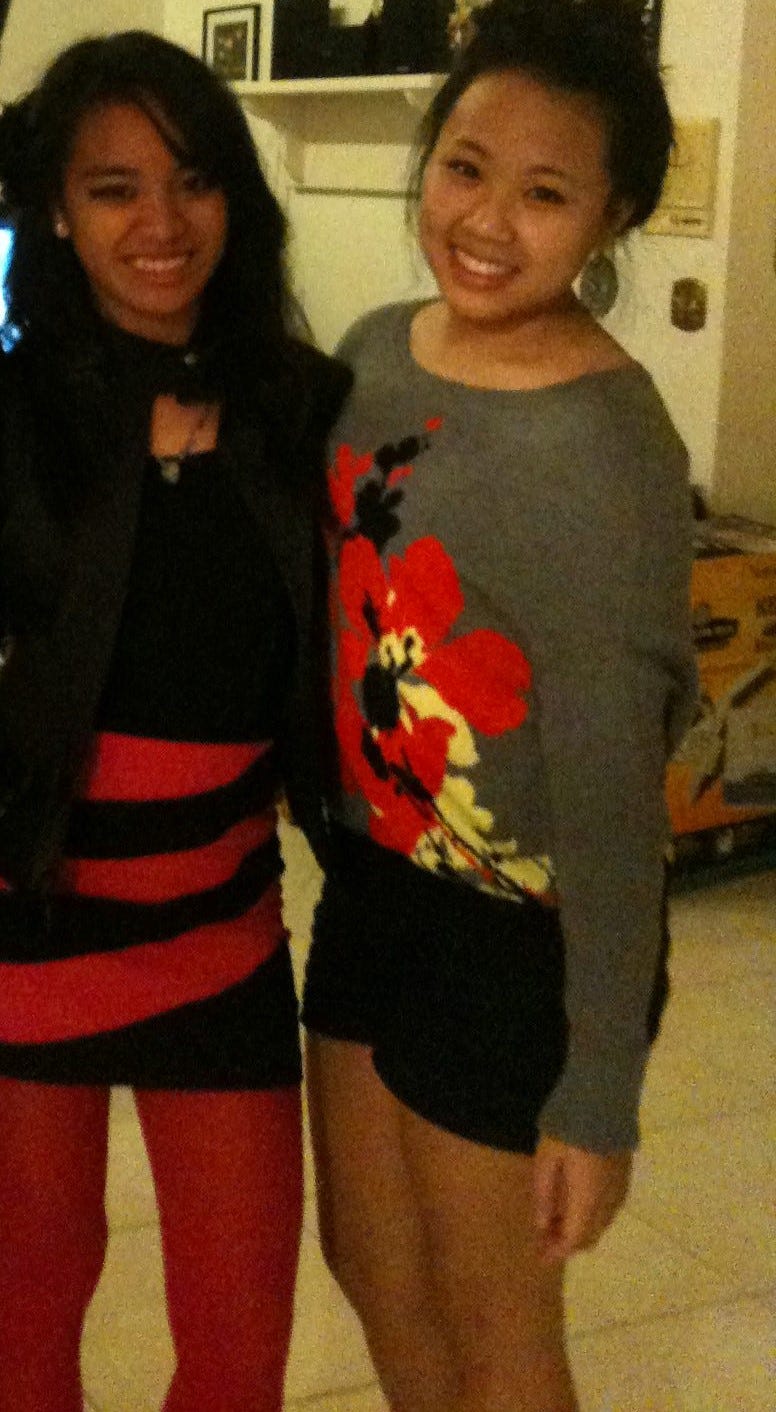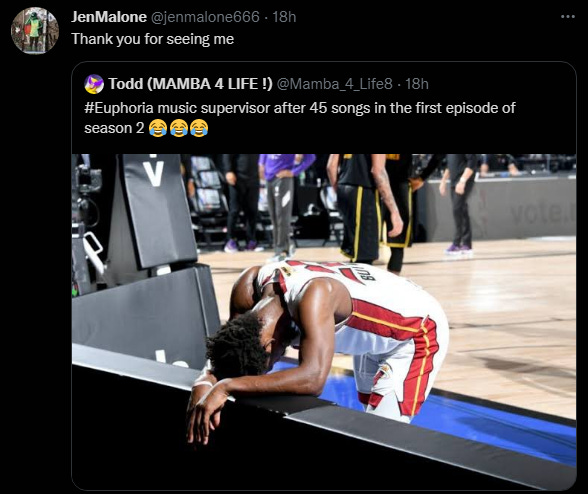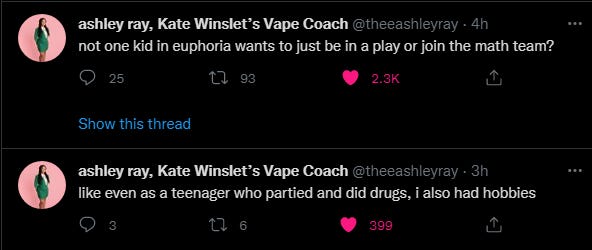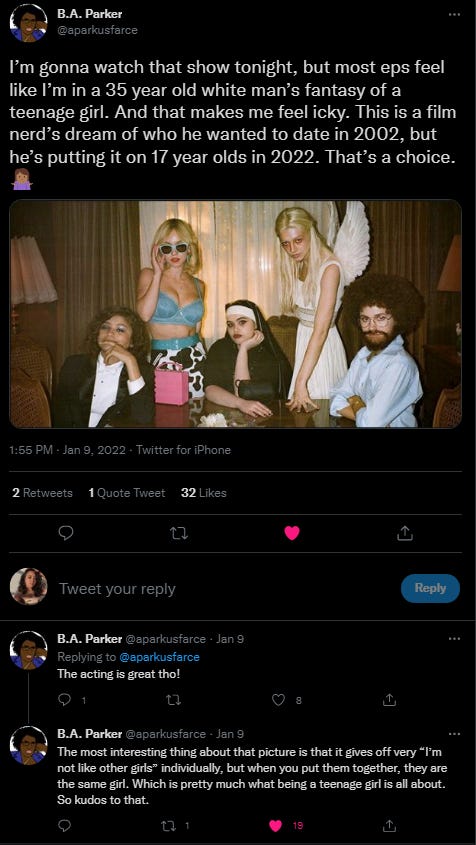Euphoria is without a doubt a show that I will be talking about until I am wrinkled and approaching obsoletion. I love this show for so many reasons so read on if you’re caught up or don’t care for spoilers.
Imma keep it a buck real quick before we get into the academics of it all. There are so many questions and not enough answers with this show. [SPOILERS AHEAD] The biggest is definitely, “Where tf are their parents??” because I refuse to believe not a single parent doesn’t *notice* how high (Rue) or lonely (Jules) or abusive (Nate) these high-schoolers are?
Not to say that drugs, underage drinking, and sex don’t exist in the realm of raging hormones, because they definitely do…I’m just saying [SPOILERS AHEAD] like if a boy took me all the way out to some unfinished construction site just to tell me he’s romantically done with me, I would have gone the fuck home and fast. Not sticking around to play hide-and-seek hookup with somebody that is a living red flag.
And let’s talk about the girl gang: Maddy, Cassie, Kat, Jules, Rue, Lexi. Body-image, need for validation, social media influence, pregnancy/abortion. Those are all issues that are objectively real whether you’re a teenager or not. The way they dress is iconic and I take notes on almost every look. But the Euphoria version of teen “It Girl” just seems so wild when thinking about what me and my peers were like from 15 to 17 years old.
Pictured below: Official cast photos from the Euphoria Instagram page.
Pictured below: Me, classmates, and cousins at the ages of 15 through 17.
God why?
Anyway here are some supplementary Tweets that have absolutely sent me:
As I write this, I’ve been thinking about target audience versus target market.
The target market is defined as the whole group of people that a brand wants to sell to. In contrast, the target audience is much narrower; it’s a particular group of individuals the company expects to buy the product. - amoCRM
We talk about this concept in the media world frequently. How the consumer is not always the same as the customer. It’s easy to look from the outside in and see TV shows as selling only to a target market (ie “generally young people”) but that’s not the only layer to consider. Without getting too nerdy about data, I want to address what it feels like being a Millennial who is in an industry controlled by Boomers who are trying to impress Gen Z. And to do that, I have to go back. Unlock a ton of core memories that both connect to the source and don’t connect at all.
I think about what it was like to be a minor watching things slightly above my acceptable media rating. The first and closest example to the impact of Euphoria today, was Degrassi, a show that was conceptualized in 1976 and somehow managed to stay culturally relevant up until the 2010s. Degrassi: The Next Generation (the series most widely known for kicking off the careers of Drake, Nina Dobrev, and more) did its best to reflect the world of its time. The cast was ethnically diverse and while the dialogue wasn’t often memorable, the characters’ narratives were.
I was definitely in 5th and 6th grade when Degrassi began to peak, so I probably wasn’t in the target audience. But the way we were hooked? Invested? That was real buying power. Imagine if streaming was a thing. I remember we would only get an hour of computer or TV time in our afterschool program, so we would log into AOL or MTV to watch the latest episode. How devastating it was when JT got stabbed, or when Jimmy got shot. We ourselves were a bunch of kids going to an underfunded school in the Lower East Side, where those kinds of events were too possible a reality.
Networks were still at the time, run by people much older than their viewers. But they were arguably more in-tune with what worked. Toonami was Cartoon Network after dark, featuring cartoons like Samurai Jack, Cowboy Bebop, The Boondocks, Batman Beyond, and Dragon Ball. The N was Teen Nick’s short-lived rebrand, but it was one that influenced many before social media could. I mean, come on — with games like The Hook Up and Avatar High? The girls that get it, get it and the girls that don’t, don’t.
An observation I’ve made revisiting 90s and 2000s TV as an adult and comparing to my memories as a child, is that TV didn’t really assume you were stupid. It didn’t try to overexplain terms or situations. It just focused on telling stories that were relatable, no matter how fantastical the world they built. And while not every show got it right, a majority of them did well enough to inspire the reboot culture of the past decade. Think about how many repackaged franchises have appeared in this pandemic era: Boy Meets World, Full House, Sonic, Fresh Prince. And that’s just TV — if we start talking about music, we’ll be here forever.
In some ways, TV has progressed positively in defining nuances and labels that are more appropriate or calling out people in the industry that need to be held accountable for hiding their racism, sexism, etc. But in other ways, there is a very undeniable call for nostalgia coming from within the (Hollywood) house. Euphoria may not be an immediate example of readaptation, and it succeeds in distinguishing itself as unique. However, it still preys on a collective hunger or yearning for The Golden Days.
Whose “Golden Days” exactly though?
It seems obvious but we must be reminded often that Euphoria is a show made by adults for adults but about teenagers, not a show made for teenagers. And I think that’s the real point of difference. I’m not really sure what shows teens are watching in 2022 that are meant specifically for them, instead of production companies just guesstimating what teen lives are like. When I say guesstimating, I am referring to shows like Ginny & Georgia or On My Block that are known for badly written, overly woke yet somehow still problematic dialogue.
So what exactly is it about watching young people make irreversible mistakes that attracts older viewers? Why do we know this shit is all fucked up and yet we still eat it up? Is it because we see our own lives being mirrored, or because we kind of wish we did?
What burdens do we place on the next generation’s perceptions of self, by projecting not just our insecurities, but our fantasies, onto them?
These questions can’t be answered universally. All I know is that there is an unhappiness that lingers in consistently experiencing such heavy messages. A dissatisfaction that feeds and feeds. Regret that you could have been happier but you “missed your moment” once you aged a little. While nostalgia aims to make us feel good about our past, even at times romanticizing it for more than it was, I wonder if this desire to have something pretty to look back on for our own collective selfishness is the very thing keeping us from creating a more beautiful future for the people after us.
When I watch the new season of Euphoria, I watch over stream with my high school friend B. We watch together because I don’t like to watch alone and accidentally forget where I am.
Again, I’m not bashing this show or hating on it. I really enjoy so many aspects of its production and writing. I just wanted to process a bit of what makes it so unsettling, and in the same breath, such a great case study.
At Rue’s age, I too was caught up. It really wasn’t that long ago and yet it was another lifetime ago. I was sneaking into clubs, hiding [redacted] in my bra to help friends. Friends went through withdrawal right in front of me. Abuse was common but kept secret. We were always at house parties and getting groomed unknowingly. My first love broke up with me over FaceTime and I entered my first hoe phase lol. Another friend nearly drove off a bridge while street racing. I even got kicked out of my house for sneaking out too much. And you know what the weird thing is? It took me a long time to stop looking back on this period of my life like nothing was going to ever top it. Because I truly believed nothing would.
While I don’t think this is true for everyone, there is a lot to unpack about how our society has conditioned us to think life is best, happiest, between 16 and 29. How if your life isn’t happy during that window, the rest of the forecast is bleak. How our media for some reason stands by this rule, to the point that people past the age of 29 look to shows with younger characters to invest in emotionally and mentally.
It’s all entertainment at the end of the day. But entertainment certainly affects expectations. If we are to invest in the youth, we should truly do that - support their endeavors earlier, connect them to resources sooner, gatekeep less, listen more, and make shows that actually reflect and represent their world. Not just our version of it.

